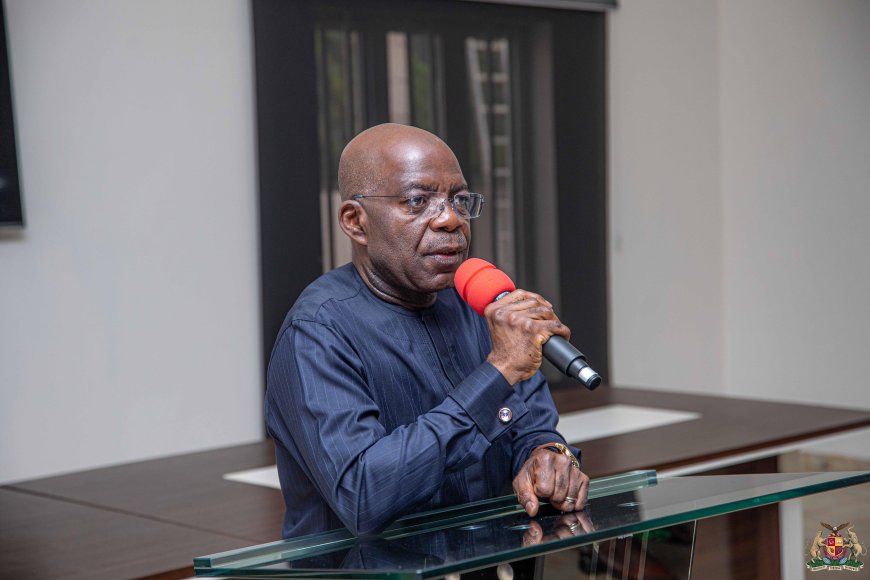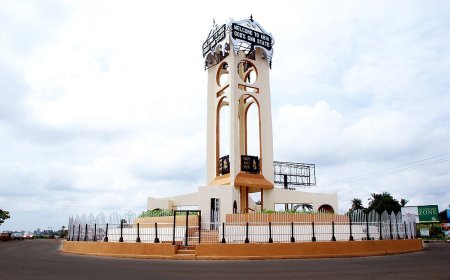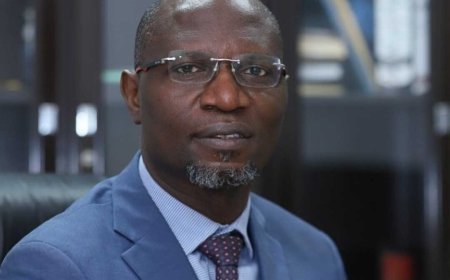Abia State Government Moves to Make Igbo Language Compulsory in Schools

In a bold move to preserve and revitalize the Igbo language, the Abia State government has announced plans to make it a compulsory subject in the school curriculum. This initiative is aimed at preventing the language from going extinct amid concerns over its declining usage among young generations.
Deputy Governor Ikechukwu Emetu made this announcement while attending the grand finale of Ekere Mgba Akpauche, an Igbo-themed competition organized by the Catholic Diocese of Aba. He emphasized the urgent need to prioritize Igbo language education, calling on other South-East governors to follow suit by making it mandatory at all levels of education.
Emetu expressed concern over the dominance of the English language in homes, schools, and social spaces, leading to a decline in Igbo proficiency among children. He stated that this trend aligns with expert predictions that the language could face extinction if not actively preserved.
“The new Abia is interested in reviving Igbo language by trying to see how we will make Igbo compulsory in the curriculum,” he said. “This should be given priority by South-East Governors while making it compulsory at all levels of education.”
He further commended the Catholic Diocese of Aba and other cultural organizations for their ongoing efforts to promote the language. However, he criticized many Igbo parents for neglecting to teach their children Igbo at home, instead favoring English, which contributes to the language's gradual decline.
In his welcome address, Bishop Rt Rev Augustine Echema applauded the state government’s commitment to promoting Igbo language and culture. He also commended Rev. Fr. Onyinye Anaeto, the initiator of Ekere Mgba Akpauche, for his dedication to preserving Igbo traditions through creative and educational programs.
The event, which showcased various aspects of Igbo language, culture, and traditions, served as a platform to encourage young people to embrace their linguistic heritage.
With this initiative, Abia State is taking a significant step toward ensuring the survival of the Igbo language. However, for this effort to be successful, there is a need for collaboration among government institutions, educators, religious organizations, and most importantly, families.
Many stakeholders believe that beyond making Igbo a compulsory subject, there should be policies encouraging its use in public offices, media, and technology to make it more relevant in today’s digital age.
As the South-East continues to navigate the challenges of cultural preservation, Abia State’s move to prioritize Igbo language education could set a precedent for other states to follow, ensuring that future generations remain connected to their linguistic and cultural heritage.





















































